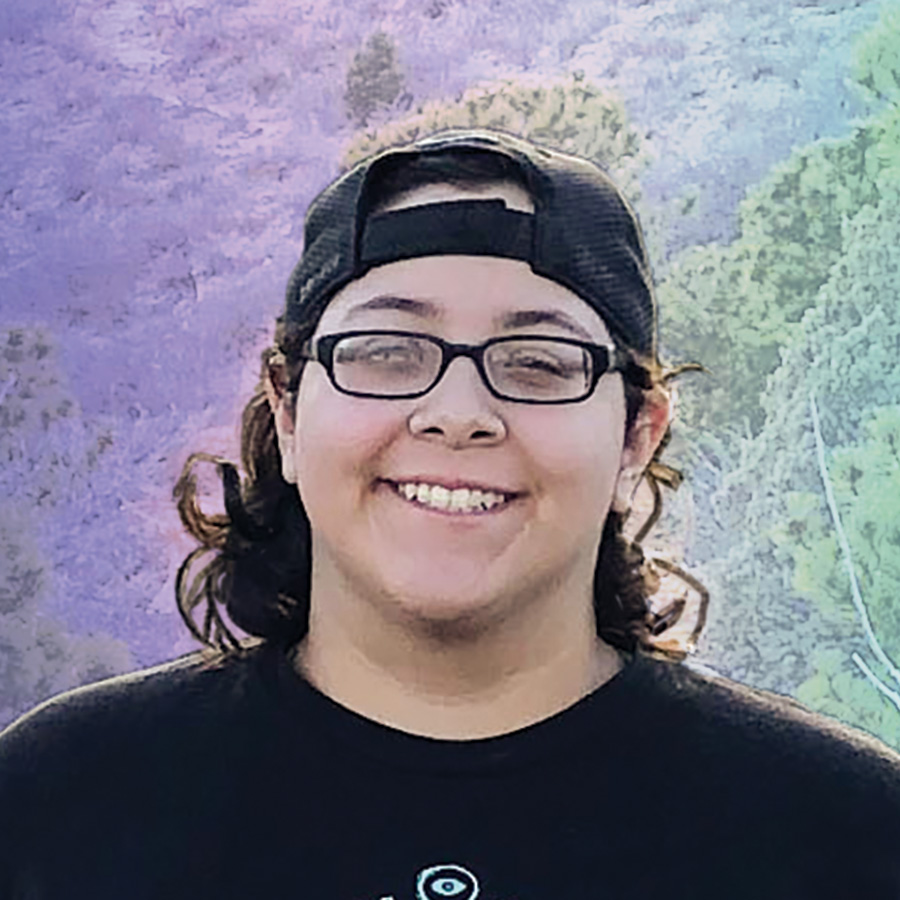In spring 2004, Jennifer Washam was a community college student when she received a phone call that changed her life.
Her boyfriend, U.S. Army Sgt. Joe Washam, had been badly burned in an explosion while on duty in Iraq. She finished her finals, but then put her education on hold while he recovered.
"Caring for him was my priority," Jennifer says.
But this spring, she graduated with a degree in interdisciplinary studies. During those 16 years, she married Joe, who earned his bachelor's degree in applied arts and sciences, and she gave birth to their son, Kingsley. Five years ago, she decided it was time to return to school and finish her degree.
She excelled -- graduating summa cum laude, getting inducted as a member of Kappa Delta Pi, an honor society for educators, and receiving the Outstanding Student in ESL Award from the College of Education in 2019. She also won a scholarship from Hope For The Warriors, a nonprofit organization that provides support to military families.
And now she has accepted a position at a local elementary school where she will teach this fall. She has wanted to be a teacher since the first grade.
"There's nothing wrong with being selfish when it means you're taking initiative to do something that matters to you," she says.


